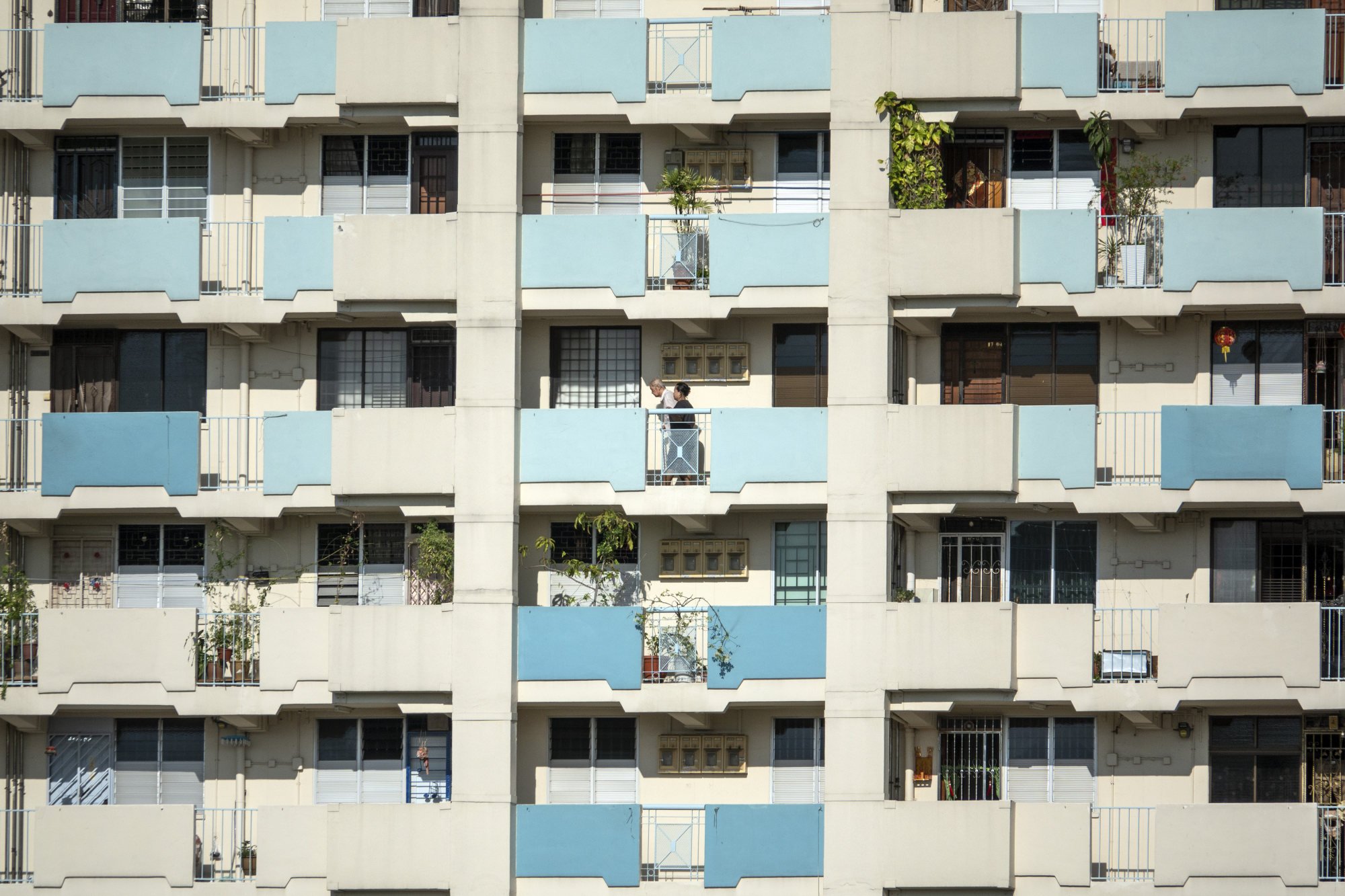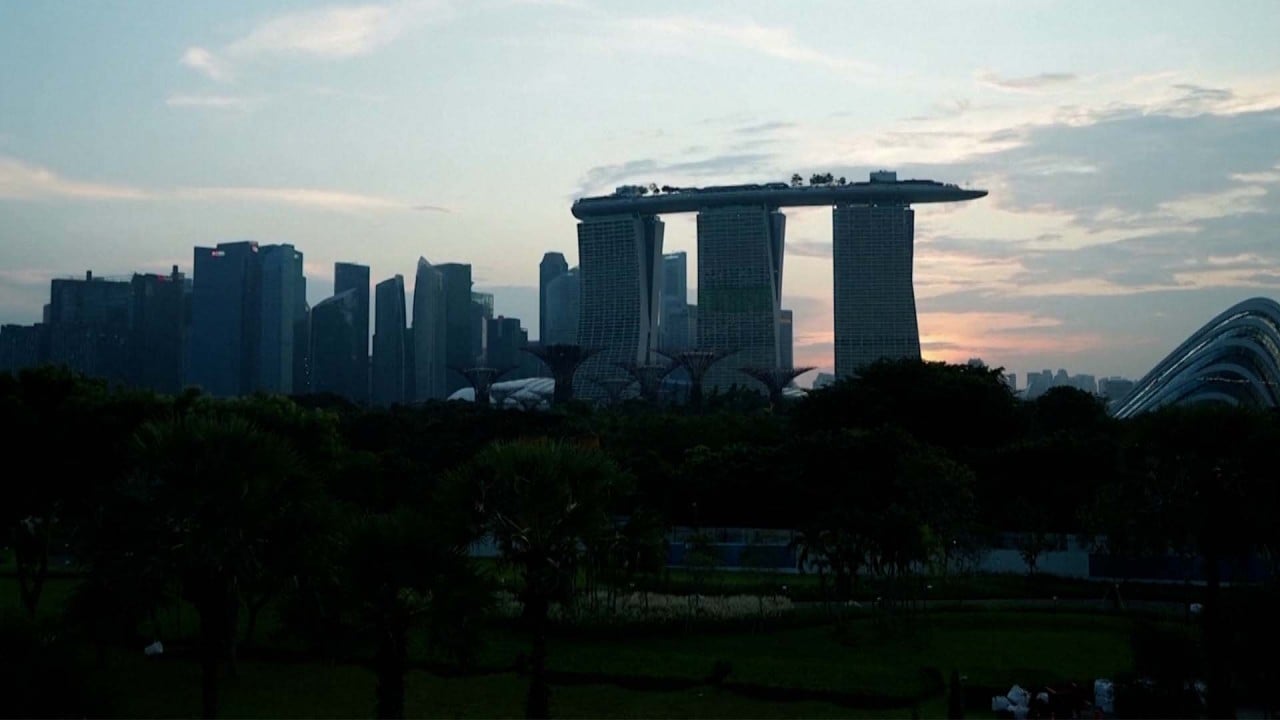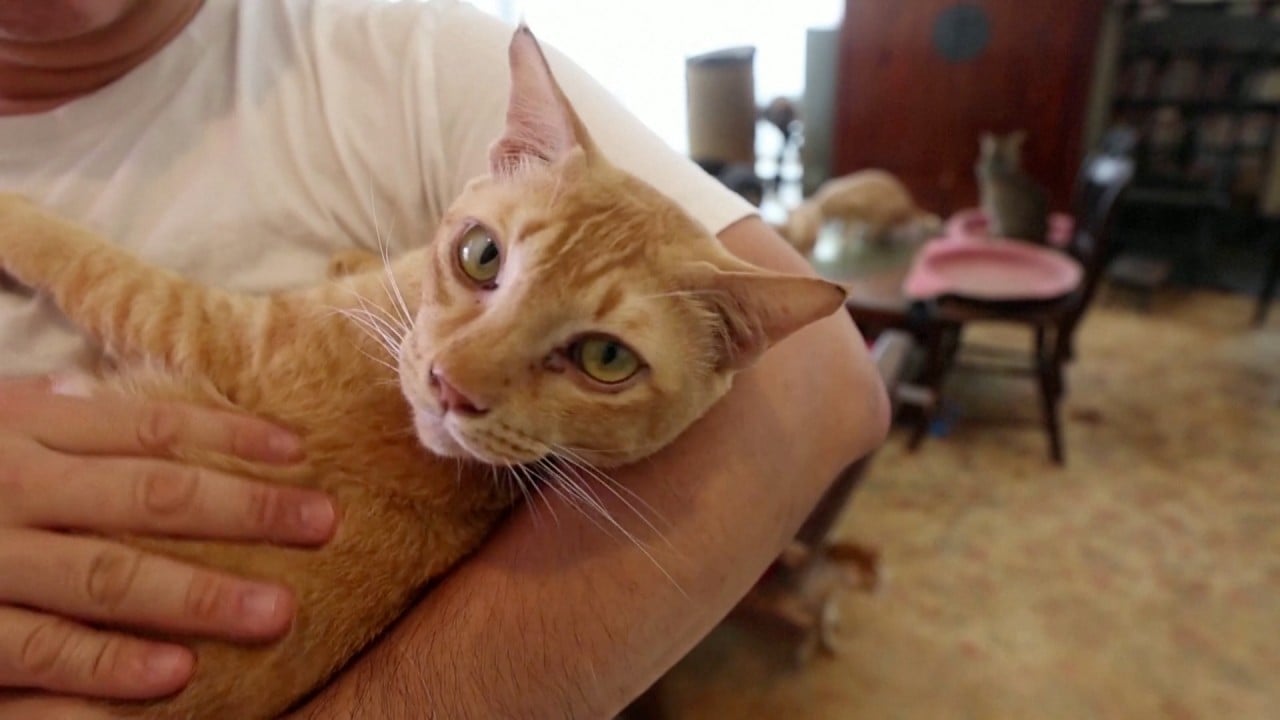In fact, there are concerns there is too much speculative demand. Earlier this month, the government announced it was investigating two misleading listings of HDB resale flats that were put up for sale for an absurdly high S$2 million each. The listings were for a “jumbo” flat that turned out to be two adjacent flats ineligible to be merged and sold as a single unit and a “design, build, and sell” scheme flat that lacked approval to be put on the market.
The bogus listings were quickly taken down, with the government warning it would “not condone behaviour, whether by agents or sellers, that seeks to disrupt the market or fan consumer sentiment”.
However, this is easier said than done. While the number of flats sold for at least S$1 million accounted for just 2.6 per cent of HDB resale transactions in the first quarter, prices are rising in 19 of the 26 HDB towns and estates, according to OrangeTee.
Furthermore, the buoyant HDB resale market cannot be viewed in isolation. While the average price of a resale private condominium just under 100 square metres (1,076 square feet) rose from S$1.5 million in 2020 to S$1.9 million last year, the value of a similarly sized HDB flat increased from S$450,000 to S$570,000.
Property portal Stacked Homes notes that the average price of a private condominium in the core central region which is 20 years or newer reached S$2.7 million at the end of 2023, compared with S$1.2 million for its HDB counterpart. Outside the central region, the average price of a condominium of a similar age rose to S$1.4 million. For this price, a buyer can purchase an HDB flat in a prime location in the city centre.
Not only are they clean, safe and spacious, but the buildings and grounds are well-maintained and periodically upgraded with new lifts and walkways. “At times you can’t tell whether it’s a public or a private flat,” Mak said.
First, only Singapore citizens and permanent residents are allowed to purchase new or resale flats. While families and married couples qualify from the age of 21, singles are only eligible when they reach 35. Moreover, owners of both new and resale flats must occupy the property for at least five years before they can sell or rent it out.

In August 2023, the government announced a revised classification system for new HDB flats as part of a plan to build more flats in sought-after locations. The new projects come with more generous subsidies but also longer minimum occupation periods and stricter resale conditions to curb speculative demand.
Christine Sun, chief researcher and strategist at OrangeTee, said Singapore’s public housing system was a trade-off between affordability and restrictiveness. “You can buy a flat for S$600,000 as long as you don’t mind living in it for five or 10 years,” Sun said.
Nicholas Spiro is a partner at Lauressa Advisory



